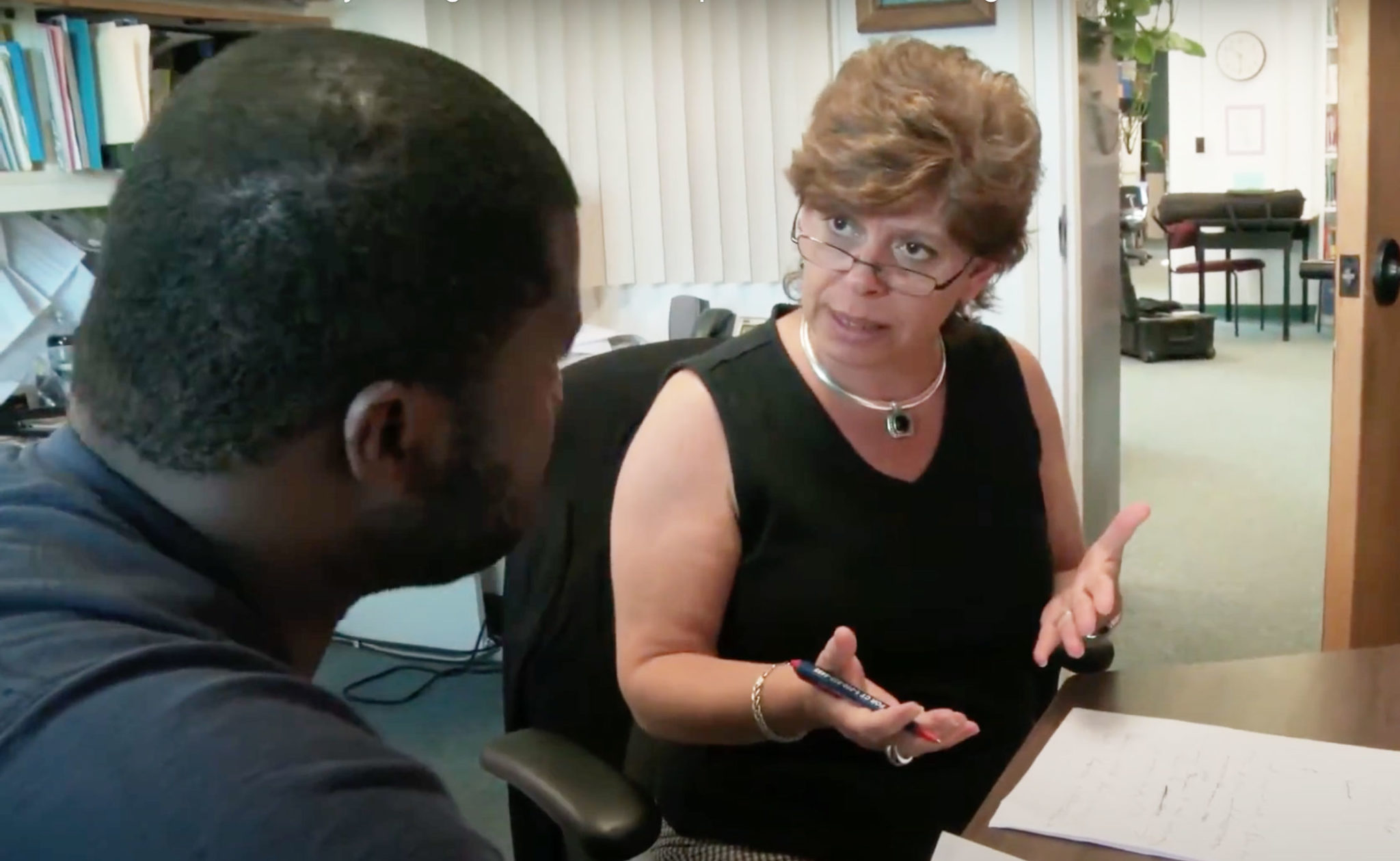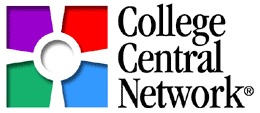Career Services
WORKING TOWARD YOUR SUCCESS!
Career Services at Middlesex Community College helps students and alumni in the areas of academic advising, career decision-making and job opportunities. Our goal is to provide you with appropriate assistance from the beginning of your academic career through graduation.

During your years at Middlesex, you may need help in several ways. If these questions are ones you find yourself asking, we may be able to help:
- What do I really want to do?
- Does declaring a major mean declaring a career?
- There are so many careers, how do I choose?
- How do I write a resume & cover letter?
- How do I find out what’s “out there?”
CONTACT: MX-CDCC@mxcc.edu
Note: In-Person appointments available on Wednesdays and virtual appointments are available on Tuesdays.
Visit the sections below for more information about:
Upcoming Career Services Events
Quicklinks
FOCUS, SELF-PACED CAREER AND EDUCATION PLANNING TOOL
FOCUS is an online, self-paced career and education planning tool for use by college students. FOCUS will enable you to self assess your interests, values, skills, and personality and explore careers and majors that are most compatible with your assessment results. Current Middlesex campus students interested in using FOCUS should contact their Guided Pathways Advisor to set up an appointment.
Career & Major Exploration
Wondering what Career and Major is right for you?
As you explore your options for your program of study and major - and for your career, here are a few useful questions and tools that may help. As you read the brief sections below, you may also want to visit these helpful Web sites:
- Connect Majors with Careers here! Gives a comprehensive look at a large number of academic major areas and where they can get you in the workforce.
- https://www.bls.gov/ooh/ Collaboration between US department of labor and US department of Education designed to provide information on high growth, high demand occupations with skills and education needed to attain these jobs.
Career Panels
Learn about potential careers from professors at Middlesex Community College!
Humanities, Art, Communications, New Media Production, and Philosophy
Political, Psychological, and Environmental Sciences
Science, Engineering, and Math
Social and Behavioral Sciences
Math & Science
Careers and programs covered include:
Physical & Earth Sciences- beginning of video, Math (teaching)- 5:00, Earth & Environmental Science- 12:40, Math- 20:58, Careers that use Math- 26:00, Biology- 30:10, Chemistry- 36:05
Allied Health, Engineering, & Technology
Careers and programs covered in this video include:
Biology and Biotechnology- beginning of video, Veterinary Technology- 5:14, Health Information Management & Information Systems- 10:30, Ophthalmic Design & Dispensing- 18:35, Computer Engineering Technology and Engineering Science- 28:10, Physical Therapy- 33:30, Engineering Technology, Machining- 40:00
Communications, Media, and Fine Arts Panel
Careers and programs covered include:
Communications, Broadcast Cinema, Film, Television, Media, Philosophy- beginning of video, Multimedia, Digital Arts- 5:50, Center for New Media, Broadcast- 14:29, English- 29:30, Fine and Commercial Arts- 36:23
Job Search Help
Resources to Help You in Your Job Search
Career Services at MxCC provides direct referrals to select job opportunities and informational resources to assist students and alumni in their job searches.
Job Search Preparation
Whether you are searching for a career-oriented position or a job to assist you in financing your education, there are several basic components of a job search. Generally you will need to prepare a resume, write a cover letter, and attend an interview(s) in order to secure a position.
The Job Search
The more diverse and creative your job search methods are, the more opportunities you will uncover, and, the greater the chance is that you will find, and land, the job of your dreams.
The Resume
The resume is the most common way to let prospective employers know how your background and qualifications might meet their needs. It is your opportunity to provide relevant information on your past experiences, your education, and your skills that pertain to that particular work setting. Please stop by Career Services to obtain materials that will aid you in writing and designing a resume. After you have drafted this document, schedule an appointment with a counselor to have your resume critiqued.
Helpful Links
The Cover Letter
This document accompanies the resume when you contact an employer for a position. It enables you to explain to an employer why you would be an asset to his/her organization. Here is where you may highlight your background and experiences as they pertain to the specific position for which you are applying. Again, there are materials in the center to assist you in drafting a cover letter . Please take the time to meet with a counselor to review your letters.
The Job Interview
In order to secure a position, you will have to meet with the employer. Interviews may be arranged in many different ways. Sometimes the employer will first have a telephone screen interview with a large number of candidates. Other employers may directly bring you in for an interview that may last anywhere from one hour to almost an entire day. It is critical that you prepare in advance for interviews. This process includes reviewing your resume to ensure you can draw upon examples from it, reading information about the company, and preparing a list of questions for the employer concerning the position and/or the company. It may be helpful for you to stop by Career Services and pick up the information handouts on the interview process. You may also choose to schedule an appointment with a counselor to either discuss interviewing for positions or perform a "mock" practice interview.
(See "Informational Interviews" under "Job Search Help" above for more information.)
You can also visit the Career Services library, where there are a number of resources that may assist you in identifying employers within your field. These books contain overview information on the employer to whom you may directly contact.
Helpful Links
EMPLOYMENT LINKS & RESOURCES
The following are very useful links and resources.
- https://www.careerbliss.com/ – a free resource from which to research employers and corporations, gather information on salaries, and identify employment opportunities.
- https://www.monster.com/ – Position listings within Monster.
- https://www.careeronestop.org/jobsearch/findjobs/state-job-banks.aspx America’s Job Bank.
- https://www.ctdol.state.ct.us/ – Connecticut Department of Labor
- https://www.indeed.com – A search engine for jobs, allowing job seekers to find jobs posted on thousands of company career sites and job boards.
- Http://www.salaryexpert.com/ – Data for salary survey and cost of living.
- https://online.onetcenter.org/ – Descriptions of the world of work for use by job seekers, workforce development and HR professionals, students, researchers, and more!
- MxCC’s Online Job Listing Service & Resume Bank



